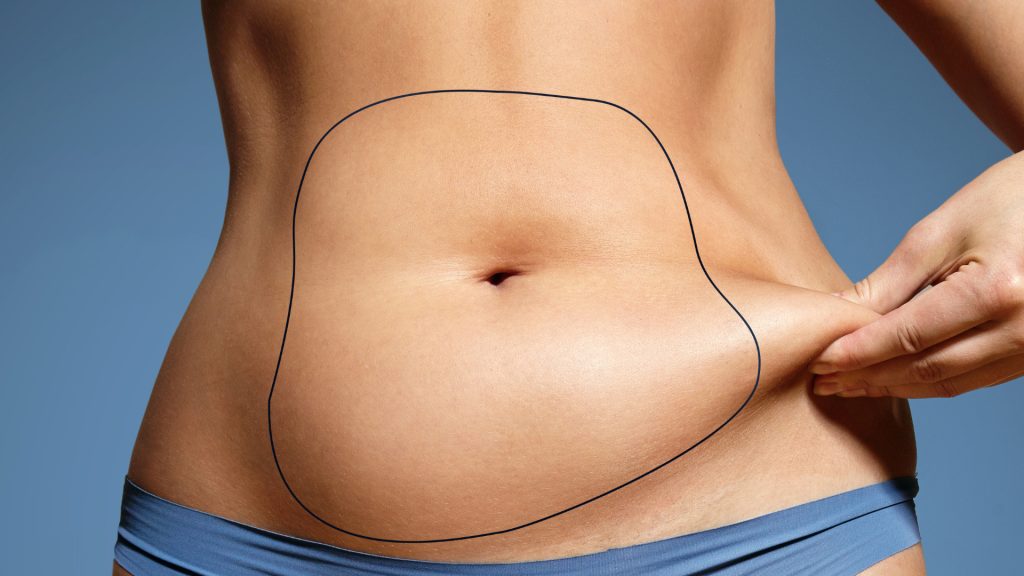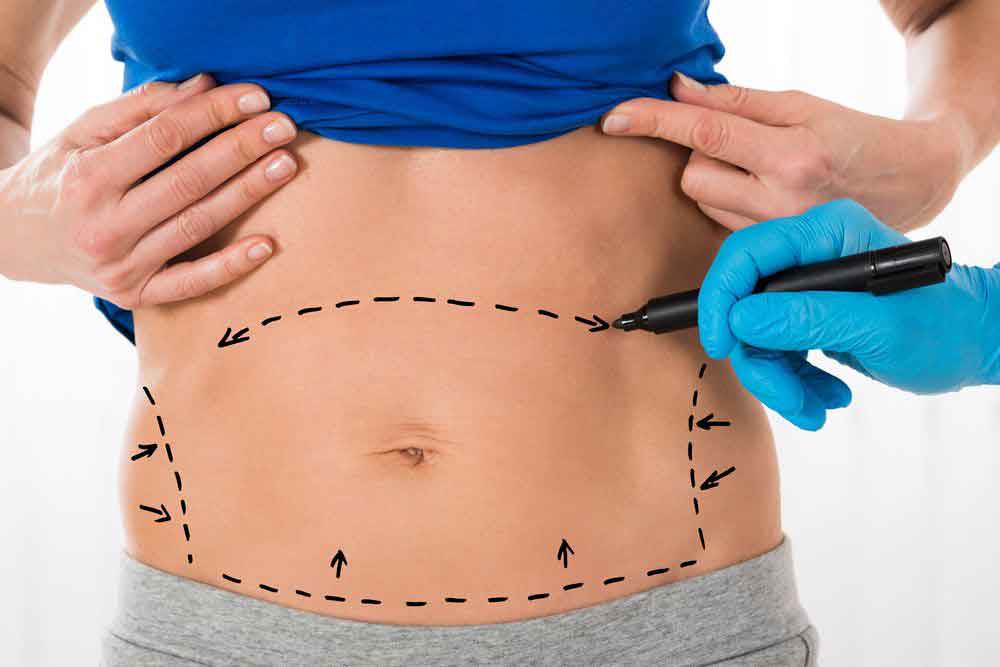Liposuction is a popular cosmetic procedure that can help sculpt the body by removing excess fat from specific areas. If you are considering liposuction, it’s important to understand what the procedure involves, the potential risks and complications, and how to choose the right surgeon. This blog post will provide an overview of all of these topics so that you can make an informed decision about whether liposuction is right for you.
Liposuction, also known as suction lipectomy or lipoplasty, is a cosmetic surgical procedure that removes fat from the body. It can be performed on the abdomen, thighs, buttocks, neck, arms, and other areas of the body.
Liposuction is generally safe and effective, but like all surgeries, there are some risks and potential complications.
Liposuction surgery involves making a small incision in the skin and then inserting a small tube (called a cannula) into the fatty tissue beneath the skin. The cannula is then used to suction out the excess fat.
In most cases, liposuction is performed under local anesthesia (numbing medication is injected into the area being treated), though general anesthesia (you will be asleep during the surgery) may be used in some cases.
Liposuction can help contour your body by removing stubborn pockets of fat that are resistant to diet and exercise. It can also help improve your self-esteem and confidence. In some cases, it may even be medically necessary (such as when lipedema or lymphedema is present).
As with any surgery, there are some risks and potential complications associated with liposuction surgery including infection, bleeding, bruising, swelling, numbness, asymmetry, scarring, and skin necrosis (death of skin tissue). In rare cases, more serious complications such as deep vein thrombosis (DVT) or pulmonary embolism can occur.
You will first meet with a board-certified plastic surgeon to discuss your goals and expectations for surgery. Be sure to ask the surgeon questions about their experience, credentials, and technique. The surgeon will also assess your medical history and current health to determine if you are a good candidate for liposuction.
If you decide to move forward with surgery, you will be scheduled for a pre-operative appointment. During this appointment, the surgeon will go over the details of the procedure and answer any final questions you may have. You will also be given specific instructions on how to prepare for surgery, including what to eat or drink, which medications to take or avoid, and when to stop eating or drinking before surgery.
The day of your surgery, you will need to arrive at the hospital or surgical facility where the procedure is being performed. You will be given a surgical gown to change into and asked to remove any jewelry or other items that could interfere with the procedure. Once you are ready, the surgeon will mark the areas of your body where they plan to make incisions for liposuction.
Liposuction is typically performed under general anesthesia, which means you will be asleep during the procedure. The surgeon will make small incisions in the marked areas and insert a thin tube called a cannula beneath the skin. The cannula is connected to a suction device that helps remove excess fat from your body.
In some cases, surgeons may use power-assisted liposuction (PAL) instead of traditional liposuction. PAL uses a special cannula that is attached to an oscillating device that helps break up and remove fat more quickly than traditional liposuction alone.
Once the desired amount of fat has been removed, the incisions are closed with stitches or staples and covered with dressings or Band-Aids. A compression garment may also be placed around the treatment area to help minimize swelling after surgery.
You will be taken to a recovery room after your surgery where you will be closely monitored as you wake up from anesthesia. Once you are awake and your vital signs are stable, you will be able to go home.
You will need someone to drive you home and stay with you for at least the first 24 hours after liposuction. It is important to rest and avoid strenuous activity for the first few days after surgery. You may also experience some bruising, swelling, and soreness in the treatment area. These side effects are temporary and should resolve within a few weeks.
Your surgeon will give you specific instructions on how to care for your incisions and when to return for follow-up appointments. Be sure to follow these instructions closely to help ensure a smooth recovery.

When choosing a surgeon for liposuction surgery, it is important to research the doctor’s credentials, training, and experience. The best way to do this is to ask for referrals from friends or family who have had similar surgery, or to check online reviews. Once you have found a few potential surgeons, it is important to schedule consultations with each one. During the consultation, be sure to ask about the surgeon’s experience performing liposuction surgery, as well as their success rates. It is also important to inquire about the type of anesthesia that will be used during the procedure, and what kind of aftercare and follow-up plan the surgeon recommends.
Once you have chosen a surgeon, there are some things you can do to prepare for your liposuction surgery. First, you will need to get a complete physical examination from your primary care physician to make sure that you are healthy enough for surgery. You should also stop smoking at least six weeks before your scheduled surgery date, as smoking can increase the risks of complications. Additionally, it is important to avoid taking any medications or supplements that can thin your blood, such as aspirin or ibuprofen, as these can also increase the risks of complications. Finally, be sure to eat a healthy diet and drink plenty of water in the weeks leading up to your surgery so that your body is well-hydrated.
Conclusion
Liposuction is a popular cosmetic surgery procedure that can help to sculpt and contour the body. The best results from liposuction are achieved when the procedure is performed by a skilled and experienced surgeon. If you are considering liposuction, it is important to do your research and choose a reputable surgeon who has experience performing the procedure. You should also be sure to prepare for your surgery by following all of your surgeon’s instructions. By taking these steps, you can help ensure that you will achieve the best possible results from your liposuction surgery.

